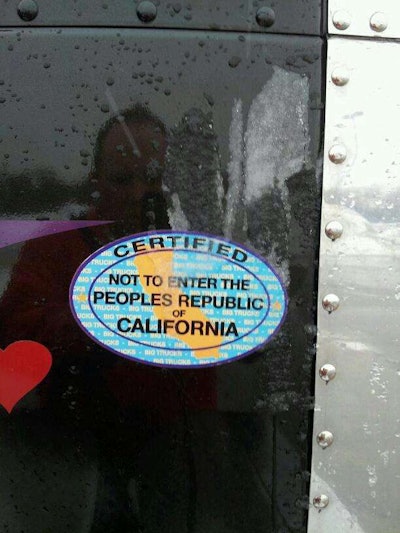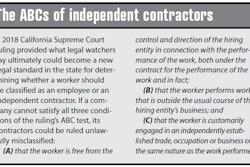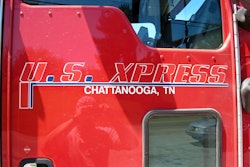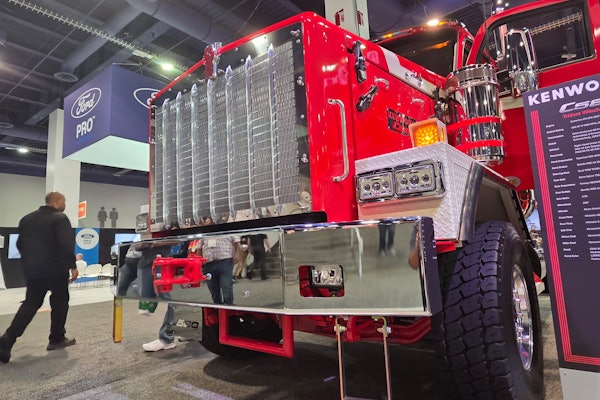
After a recent setback, the Western States Trucking Association intends to continue fighting a court precedent in California that the group argues has created a cooling effect on the use of owner-operators and independent contractors in the state.
A U.S. District Court in Sacramento in late March dismissed WSTA’s lawsuit against the California’s Department of Industrial Relations and the state’s attorney general. The suit sought to nullify an April 2018 decision by the California Supreme Court in the case of Dynamex v. Superior Court. The ruling instituted criteria for determining whether a driver is an independent contractor (which includes but is not limited to leased owner-operators) or a company driver. WSTA contends the precedent is damaging to the traditional owner-operator lease arrangement and is causing carriers to break ties with independent contractors.
WSTA will appeal the dismissal, says Joe Rajkovacz, head of government affairs for WSTA. “We’re absolutely committed to taking this issue all the way to the Supreme Court,” he says.
The next step in WSTA’s case is an appeal to the 9th Circuit Court of Appeals, the court immediately below the U.S. Supreme Court. The California Trucking Association has also filed a lawsuit against the year-old Dynamex decision, and its suit is slated for oral arguments this month.

The cases, though unrelated to the legal saga surrounding California’s meal and breaks, could become intertwined with the ongoing court battle over whether the state can enforce its meal and rest break laws on carriers and drivers.
In December, the U.S. DOT bucked the state’s breaks laws, issuing a directive that carriers do not have to comply with state law that requires employers to provide regular meal breaks and paid rest breaks. DOT said then that the laws conflict with federal hours of service regs and that federal law trumps state law.
The state of California and the Teamsters Union jointly sued DOT seeking to enforce the break laws. That lawsuit is still playing out, also set to be heard by the the 9th Circuit Court of Appeals. It was the 9th Circuit that in 2014 ruled that California could force carriers to comply with the break laws, though the court leaned heavily on a DOT memo stating carriers weren’t exempt.
The DOT’s policy change, combined with the 9th Circuit ruling’s ramifications on the lawsuits against the Dynamex decision and potential splits at the federal appellate court level on these issues, make the cases ripe for the Supreme Court, says Rajkovacz.
“We’re hopeful that the Supreme Court will put a stop to this madness,” said Rajkovacz, noting that a firm policy position needs to become law, rather than simply “the whims of the politicians that come in and out of power.”











